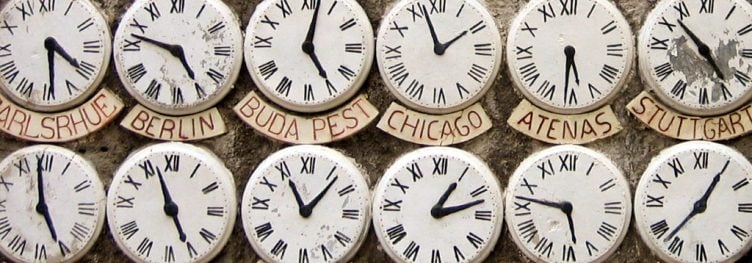I have just read a really nice article in JSNT by David Horrell and Wei Hsien Wan on the politics of time inherent to the ‘eschatological Christology’ in 1 Peter. In other words, setting up Christ as the centre of time (and the sweep of history) reorients one’s assumed associations of power. I appreciate that the authors don’t go full ‘anti-imperial’, either, but can say:
However, just as Barclay sees in Paul something that is, in a sense, deeply politically subversive – a narration of history that simply does not see Rome or its emperors as significant actors – so we may discern in 1 Peter’s eschatological Christology an equally subversive insistence that the true understanding of time – the whole sweep of time from the beginning to its imminent end – is found in Christ, whose authority is above all others, since ‘angels, authorities, and powers’ have all been subjected to him (3.22).
They also hint at the politics of space, reminding me of Matthew Sleeman’s work in Acts. (Theoretical physics aside, there is always a connection between space and time in terms of the politics they produce, e.g., ‘time zones’.)
